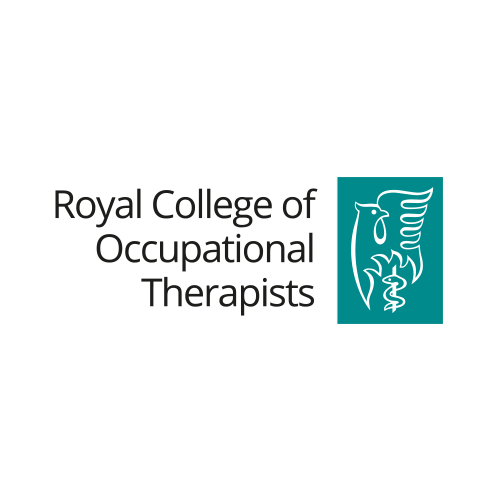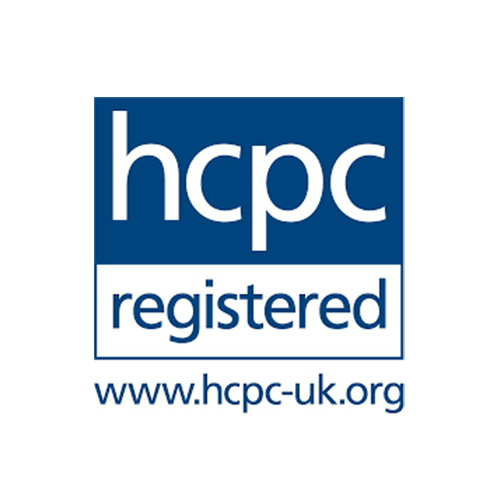Inpatient Cancer Rehabilitation Our Comprehensive Inpatient Cancer Rehabilitation Services
Therapies on Thames offers a structured and compassionate approach to inpatient cancer rehabilitation, encompassing various therapeutic modalities including physiotherapy and occupational therapy, to help patients regain physical strength, emotional resilience, and a sense of control during their journey to recovery.
Our team of chartered physiotherapists and experienced occupational therapists is dedicated to supporting patients in their battle against cancer, not only by addressing the disease itself but by focusing on enhancing their overall well-being.
Completed at one of our dedicated cancer rehabilitation centres throughout the South, our specialist inpatient rehabilitation services for cancer patients represents a beacon of hope and care for individuals facing or living with the complex challenges of cancer.
GET IN TOUCH
Our Holistic Approach to Inpatient Cancer Rehabilitation
When visiting a Therapies on Thames cancer rehab centre, patients will receive a comprehensive and holistic approach to healing. We understand that cancer not only affects the body but also impacts the mind and spirit, which is why our inpatient cancer rehabilitation programmes are designed to address the physical, emotional, and psychological aspects of cancer recovery, offering a well-rounded and integrated solution for patients.
Our dedicated team of physiotherapists and occupational therapists collaborates closely with other healthcare professionals to create personalised treatment plans that encompass a wide spectrum of therapies and support services.
From managing cancer treatment-related symptoms and improving physical function to providing emotional counselling and fostering a sense of empowerment, our holistic approach is aimed at nurturing the whole person during their journey to recovery.
The Role of Physiotherapy in Inpatient Rehabilitation for Cancer Patients
Physiotherapy plays a critical and multifaceted role in specialist inpatient rehabilitation programmes tailored for cancer patients. The journey through cancer treatment can present numerous physical challenges, and physiotherapists are vital members of the rehabilitation team, offering specialised care to enhance the overall well-being and quality of life of cancer patients including:
Physical Function Restoration: Cancer and its treatments can often lead to physical impairments, such as muscle weakness, reduced range of motion, and fatigue. Physiotherapy focuses on restoring and improving these functions, helping patients regain their mobility and independence.
Pain Management: Many cancer patients experience pain, either as a result of the disease itself or as a side effect of treatment. Physiotherapists employ various techniques, including manual therapy and exercise, to alleviate pain and enhance comfort.
Balance and Coordination: Cancer and its treatments can affect balance and coordination. Physiotherapists work to improve these skills, reducing the risk of falls and enhancing patients' confidence in their daily activities.
Breathing and Respiratory Care: In cases of lung cancer or treatment-related respiratory issues, physiotherapists assist patients in maintaining or improving their lung function through breathing exercises and respiratory management techniques.
Psychological Support: Physiotherapists also provide emotional and psychological support, recognising the importance of a patient's mental well-being during cancer rehabilitation. Their encouragement and guidance can significantly boost a patient's overall resilience and motivation.
Functional Independence: Ultimately, physiotherapy aims to help cancer patients regain their functional independence, enabling them to return to their daily routines and activities as smoothly and confidently as possible.
LET US HELP YOU
If you or a loved one is on the road to recovery following a cancer diagnosis, please reach out to us today to discover the nearest Therapies on Thames cancer rehabilitation centre in your area.
The Role of Occupational Therapy in Cancer Rehabilitation
Regaining Independence in Daily Activities
Occupational therapy plays a crucial role in cancer rehabilitation, focusing on helping individuals regain their independence and quality of life during and after cancer treatment. This specialised field of therapy addresses the practical challenges and functional limitations that cancer and its treatments can impose on a person's daily activities.
Here are some key aspects of our occupational therapy in cancer rehabilitation:
Activities of Daily Living (ADLs): Cancer and its treatments can affect a person's ability to perform essential daily tasks such as bathing, dressing, cooking, and grooming. Occupational therapists work with patients to develop strategies and adapt their environment to make these activities more manageable and less physically demanding.
Fatigue Management: Cancer-related fatigue is a common issue that can significantly impact a patient's quality of life. Occupational therapists help patients learn how to conserve energy, prioritise tasks, and set realistic goals to better manage their daily routines and reduce fatigue.
Pain Management: Cancer-related pain can be debilitating. Occupational therapists collaborate with patients to find ways to minimise discomfort during daily activities, offering techniques and adaptive equipment to ease pain while maintaining functionality.
Cognitive Rehabilitation: Some cancer patients may experience cognitive changes, often referred to as "chemo brain" or "cancer-related cognitive impairment." Our occupational therapists provide cognitive rehabilitation to improve memory, attention, and problem-solving skills, enabling cancer patients to cope with cognitive challenges more effectively.
Work and Vocational Rehabilitation: For individuals who wish to return to work or continue with their vocational pursuits during or after cancer treatment, occupational therapists offer guidance on job accommodations, adaptive techniques, and strategies for managing work-related challenges.
Adaptive Equipment and Assistive Devices: When necessary, occupational therapists assess the need for and recommend adaptive equipment or assistive devices that can enhance a patient's independence and functionality.
Home Modifications: For patients returning home after cancer treatment, occupational therapists may suggest modifications to the home environment to make it safer and more accessible, reducing the risk of accidents and promoting independence.
The Benefits of Inpatient Cancer Rehabilitation from Therapies on Thames
Whether it's managing cancer treatment-related side effects, improving physical function, or providing psychological support, our physiotherapy and occupational therapy services play a pivotal role in empowering individuals to embrace life beyond cancer. This dedicated approach offers a wide range of significant benefits, contributing to the overall well-being and quality of life of cancer patients.
Specialised
Expertise
The rehabilitation team at Therapies on Thames possesses specialised expertise in cancer care and recovery. Their knowledge and experience enable them to tailor treatment plans to meet the unique needs of each patient.
Personalised Treatment
Every patient receives a personalised treatment plan that takes into account their specific diagnosis, treatment history, and individual goals. This personalised approach maximises the effectiveness of therapy.
Symptom Management
Cancer and its treatments can result in various symptoms, including pain, fatigue, and difficulty with mobility. Our specialist cancer rehabilitation therapies, addresses these symptoms through specialised interventions and pain management techniques.
Transition
Planning
Our occupational therapists play a vital role in facilitating the transition of cancer patients back to their homes after treatment. Assessing the home environment for safety, offering strategies to manage daily activities effectively.
LET US HELP YOU
If you or a loved one is on the road to recovery following a cancer diagnosis, please reach out to us today to discover the nearest Therapies on Thames cancer rehabilitation centre in your area.
OUR REHABILITATION CENTRES
Bridge House Rehabilitation Centre
Reading, Berkshire
Therapies on Thames has partnered with Bridge House in Reading to provide recuperation from illness or surgery in our therapy-led multi-disciplinary inpatient rehabilitation centre in Reading..
Florence House Rehabilitation Centre
Reading, Berkshire
Therapies on Thames has partnered with Florence House in Reading to provide recuperation from illness or surgery in our therapy-led multi-disciplinary inpatient rehabilitation centre in Reading.
Camberley Manor Elderly Rehabilitation Centre
Camberley, Surrey
Therapies on Thames has partnered with Camberley Manor Care Home to provide recuperation from illness or surgery in our therapy-led multi-disciplinary inpatient rehabilitation centre in Camberley.
Newlands of Stow Rehabilitation Centre
Stow, Gloucestershire
Therapies on Thames has partnered with Newlands of Stow to provide recuperation from illness or surgery in our therapy-led multi-disciplinary inpatient rehabilitation centre in Gloucestershire.
Candlewood House Elderly Rehabilitation Centre
London
Therapies on Thames has partnered with Candlewood House Care Home to provide recuperation from illness or surgery in our therapy-led multi-disciplinary inpatient rehabilitation centre in London.
Cambridge Manor Elderly Rehabilitation Centre
Cambridgeshire
Therapies on Thames has partnered with Cambridge Manor Care Home to provide recuperation from illness or surgery in our therapy-led multi-disciplinary inpatient rehabilitation centre in Cambridgeshire.
LET US HELP YOU
If you or a loved one is on the road to recovery following a cancer diagnosis, please reach out to us today to discover the nearest Therapies on Thames cancer rehabilitation centre in your area.
THE INPATIENT ADMISSION PROCESS
If you think that yourself, a loved one, or client might benefit from residential treatment at one of our rehabilitation facilities, the admission process works as followed:
- The first step is for the patient, a family member or carer to give us a call on: 0333 011 3278, and have a chat to one of the team, about their requirements and which of our centres would be most suitable.
- We will then email/post you some further information, based on the details of the discussion.
- A member of the team based at the centre will then follow up with you directly and can arrange for a tour of the centre if required.
- If you decide you would like to proceed with the admission, the centre will arrange to complete a patient assessment prior to the admission, in order to assess any nursing needs required and ensure that the centre is able to accommodate any very specialist medical needs.
- The team will then liaise with the hospital discharge team and prepare for the patient’s arrival at the centre.
- Once the patient has arrived at the centre, they will be assessed, and a treatment plan will be put in place.
- Once the plan is in place, it will remain under constant review during the rehabilitation period, and when the patient is ready to return home, the team can arrange for our community rehabilitation team to continue treatment in the patient’s own home.
LET US HELP YOU
We’re here to help restore your strength and get you standing on your own again.
FAQS About Our Inpatient Rehabilitation for Cancer Patients
SUCCESS STORIES OF OUR PATIENTS
OUR PARTNERS











ASSOCIATES
All of our therapists are fully qualified, experience professionals, DBS checked, registered members of Health and Care Professionals Council (HCPC) and registered with relevant professional bodies.






